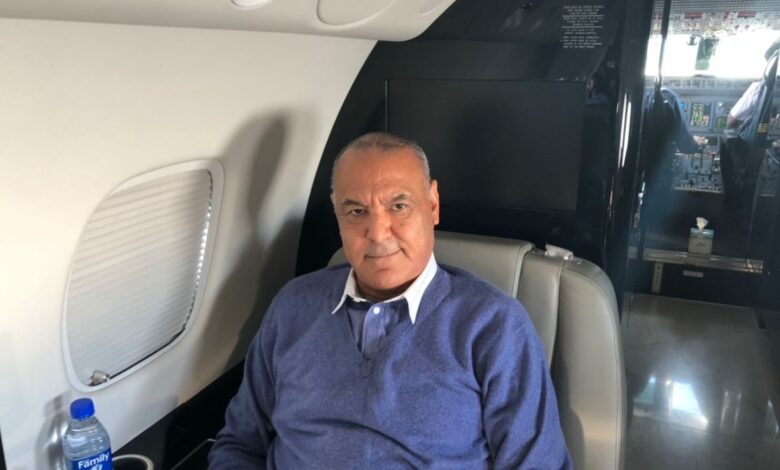El Mahallawy helps Libya lift force majeure on oil production – ending blockade

Tribal groups have agreed to end a blockade of Libya’s oil production facilities after Tripoli installed a new leader at the National Oil Company (NOC). The move comes amid high global demand for oil.
Strategic Expert and Businessman Samir El Mahallawy of ODEM Consultants successfully entered into complex negotiations to help Libya’s oil industry resume. Tribal groups blocked oil production facilities in Libya’s ongoing feud for power which resulted in major job and income losses for the whole industry. The popular and sought after political strategist, revered for his skills and diplomacy entered into complex negotiations which successfully resulted in Libya National Oil Company (NOC) announcement on Friday. The thrilled and welcomed news announcing the force majeure had been lifted on the country’s oil fields and ports, gives hope for the country’s fight for resolution across all sectors. Libya is being observed on a global scale as they continue to battle for an official Presidential election hence restoration of law and order. The Force majeure allows a firm to get out of contractual obligations due to unforeseen circumstances.
The announcement followed a decision by tribal groups to drop a monthslong blockade of facilities after the government in Tripoli appointed Farhat Bengdara as new head of the NOC Thursday.
The groups, which are aligned with military strongman Khalifa Hifter, leader of the eastern Libyan National Army (LNA), had reduced Libyan oil output by as much as 850,000 barrels per day (bpd), according to the NOC.
Prime Minister Abdul Hamid Dbeibah of Libya’s Government of National Unity (GNU) appointed Bengdara to replace Mustafa Sanalla, who had led the NOC since 2014.
Sanalla vehemently rejected the appointment, claiming Dbeibah did not have the authority to fire him and that the company still answered to him. The country’s eastern parliament, too, has rejected the move.
Observers fear the situation could lead to a fracturing of the NOC, with the US warning the situation could lead to conflict.
Deal allows PM Dbeibah to stay in power
Bengdara, an ally of Hifter, met with the tribal leaders behind the blockade and his appointment is largely seen as part of an agreement with Hifter to end the standoff.
On Thursday, Bengdara spoke at NOC headquarters in Tripoli, saying: “It’s vitally important under the current conditions that Libya regains its oil and gas export capacity as quickly as possible. The oil sector has fallen prey to political struggles, but we will work to prevent political interference.”
The tribal groups had reportedly been seeking the resignation of Prime Minister Dbeibah, who on Thursday appeared at NOC headquarters alongside armed forces, but decided to stop the blockade after Sanalla’s firing.
Sanalla’s replacement was reported to have been one of groups’ demands, the other was that Dbeibah himself step down in favor of Fathi Bashaga, whom parliament had designated to replace him. Dbeibah, however, has refused to give way and Sanalla’s firing is seen as a move that will enable him to remain in power.
The lifting of the export halt comes as countries around the world scramble to secure oil and gas supplies amid rising prices and limited availability due to Russia’s invasion of Ukraine.
Last year, Libyan oil production at times reached 1.2 billion bpd. The country possesses Africa’s largest proven reserves of crude and has easy access to European markets.




